|
What courses do you teach, and how long have you served in this role?
I transitioned into an academic role as an Assistant Professor in the Graduate Doctoral Nursing program at Washburn University in Fall 2018. Though courses rotate from semester to semester, I am predominately involved in foundational Pathophysiology, Clinical Primary Care Coordinator for Primary Care II, and Residency (final clinical semester). I also mentor student groups in their culmination scholarly DNP Project. Often times, the students under my supervision are exploring rural-based clinical topics or those with wellness/chronic disease management focus.
What do you like about teaching? How does your clinical role enrich your teaching role, and vice versa?
I enjoy the flexibility of teaching in an online program. I work from my home-based office, making it convenient for my family. It is also very rewarding to assist in educating future nurse practitioners with focus on making sure those entering rural healthcare are prepared and well equipped with the diverse clinical skill sets not as relevant to their urban counterparts. Rural providers must be prepared to evaluate clients across the lifespan in the outpatient clinic but also acute care and emergency level skills to stabilize clients presenting with life-threatening emergencies.
My clinical role is the foundation of everything I do. An educator must be an active clinician. Limiting my clinical hours has been the biggest struggle with making this dual-role transition. I have patients I have followed for greater than 20 years. Accountability for their care management and maintaining their trust is very important. Rural providers have unique professional and personal relationships with the individuals they serve.
You also serve as a Primary Investigator on a Health Resources & Services Administration-funded grant focused on the education and preparation of rural nurse practitioners for medically underserved communities. What does this entail, and why is this work important to you?
I am the Primary Investigator on the Advanced Nursing Education Workforce (ANEW) grant. This grant was funded through HRSA to Washburn University, Graduate School of Nursing in Summer 2019. This grant is a continuation grant in the amount of $2.4 million dollars over a four-year period. The grant focuses on augmentation of educational curriculum related to behavioral & substance use disorders, application of telehealth technology, and increasing practice readiness skills in rural & medically underserved areas. The project is titled Behavioral health Workforce Education for Longitudinal Learning (BWELL). The grant provides for substantial academic support for rural nurse practitioners to cover graduate tuition/living stipend to finance their education, opportunities for enhanced curriculum, and cooperative agreements to financially incentivize rural facilities & content experts.
I had previously consulted on the foundational grant as a rural nurse practitioner content expert for the preceding two years, raising my awareness of the unique unmet educational needs and retention shortcomings in the preparation of quality providers. Educational preparation and intentional directives to enhance retention in the rural workforce are critical. We know locally from years of recruitment that several things factor into retaining quality providers in rural communities.
In this role, I serve as the team lead overseeing the grant. I work closely with the Project Director in developing curriculum and educational enhancements, selecting trainees, communicating with consultants, coordinating agendas/content for team/steering committee meetings, enhancing faculty development related to the grant and scholarly writing/publication.
Has COVID-19 changed your teaching and mentoring either in terms of content or logistics? How about your practice?
COVID has changed the methods we use to provide healthcare services. It has integrated the long underutilized technology of telehealth. In addition, we have looked at ways to maintain safety for our clients & providers alike. My practice is now predominantly wellness and chronic disease management clients, so my schedule is often full prior to the start of a clinic day. My responsibilities at Washburn are online, so this has not changed. Graduate nurse practitioner students have been displaced from clinical agencies, making it difficult for them to complete clinical hours in their home communities across the nation.
How can those who are interested in issues of healthcare access in rural and underserved communities learn more?
Locally, I would encourage individuals to access our local website and patient portal: www.chcsks.org. Regionally/nationally, I would encourage individuals to access the National Rural Health Association website: www.ruralhealthweb.org. Another great site for state-specific content, rural data sources, rural evidence-based toolkits and grant opportunities is RHIhub (Rural Information Hub): www.ruralhealthinfo.org
|


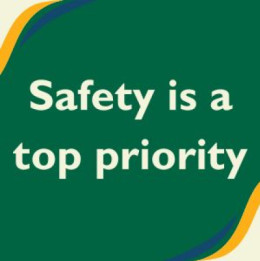
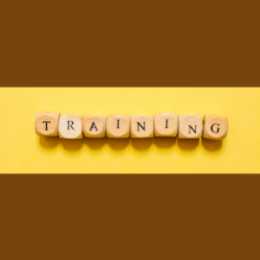
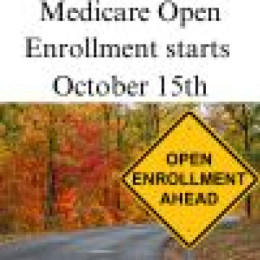
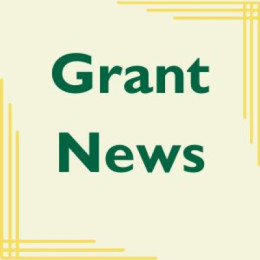
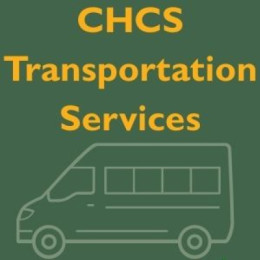
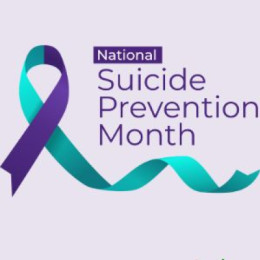
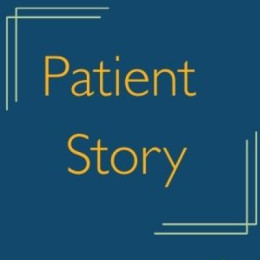

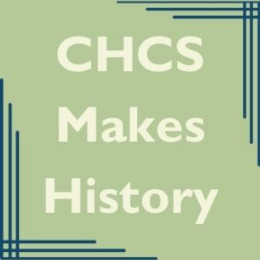

0 comments